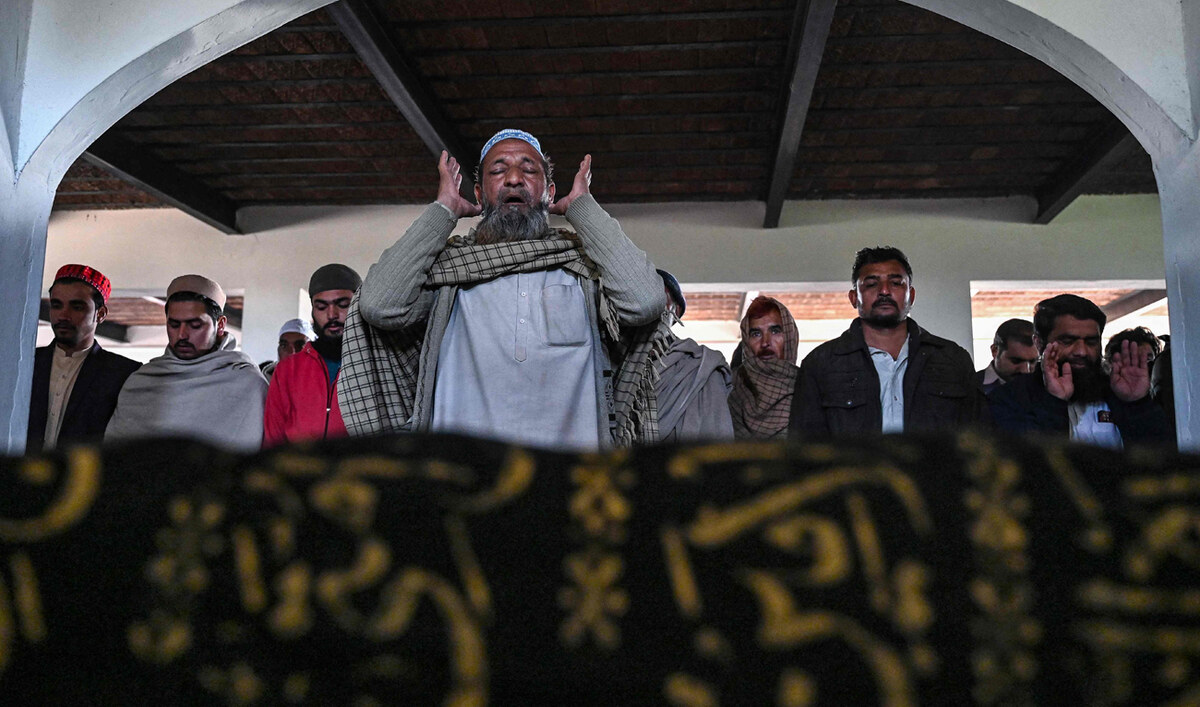ISLAMABAD: The Pakistan Federal Union of Journalists (PFUJ) on Thursday challenged recent amendments to the country’s cybercrime law before the Islamabad High Court, urging it to strike them down for being “unconstitutional.”
The Pakistan Electronic Crimes (Amendment) Act, 2025, enacted on January 29, includes provisions making the dissemination of “fake or false” information a criminal offense punishable by up to three years in prison without clearly defining “fake or false” news. Stakeholders like journalists and digital rights experts say they were excluded from consultations on the bill, which prevented genuine public scrutiny of the new law.
The amendments to the Electronic Crimes Act create four new government bodies to regulate online content and broaden the definition of online harm. The government bodies are authorized to block and remove content based on ambiguous criteria that do not meet the standards of proportionality and necessity required under international human rights law, rights bodies like the Human Rights Watch and Amnesty have said.
“[It is] prayed that a writ may be issued declaring that the PECA (Amendment) Act 2025 is unconstitutional, being violative of the fundamental rights guaranteed by the Constitution, due process, fair trial and the concept of regulatory independence, as well as the doctrines of fairness, proportionality, reasonableness, and constitutional limitations or restrictions, hence void, non-est and liable to be struck down,” the PFUJ plea before the IHC reads.
The petition urged the court to “restrain and prevent” the government from using “coercive powers” granted under the PECA Act 2025 against journalists, listing the law, interior and information ministries along with the chief secretaries of all provinces and the Federal Investigation Agency as respondents in the petition.
One of the new regulatory bodies created under the law, the Social Media Protection Tribunal, comprises government-appointed members rather than independent members of the judiciary.
Another new body, the Social Media Protection and Regulation Authority, is authorized to order any social media company to remove or block content deemed to be “against the ideology of Pakistan,” be known to be “fake or false,” or to cast aspersions on various public officials. The authority can also require any social media company to register with it and impose any conditions it deems “appropriate” upon registration.
Parliament adopted the amendments last month in the context of what is widely seen as an escalating crackdown on digital speech in Pakistan, including frequently shutting down the Internet and throttling Internet networks. The social media platform X has already been banned since days after February general elections last year as allegations of rigging emerged online. There are regular reports of VPN restrictions, and the government is also moving to implement a national firewall, though it denies these moves are aimed at censorship.
‘Unconstitutional’: Pakistan journalists union challenges contentious cybercrime law in Islamabad High Court
https://arab.news/mtceu
‘Unconstitutional’: Pakistan journalists union challenges contentious cybercrime law in Islamabad High Court

- Bill creates four new government bodies to regulate online content and broadens the definition of online harm
- Parliament adopted amendments last month in the context of what is widely seen as a digital crackdown
























